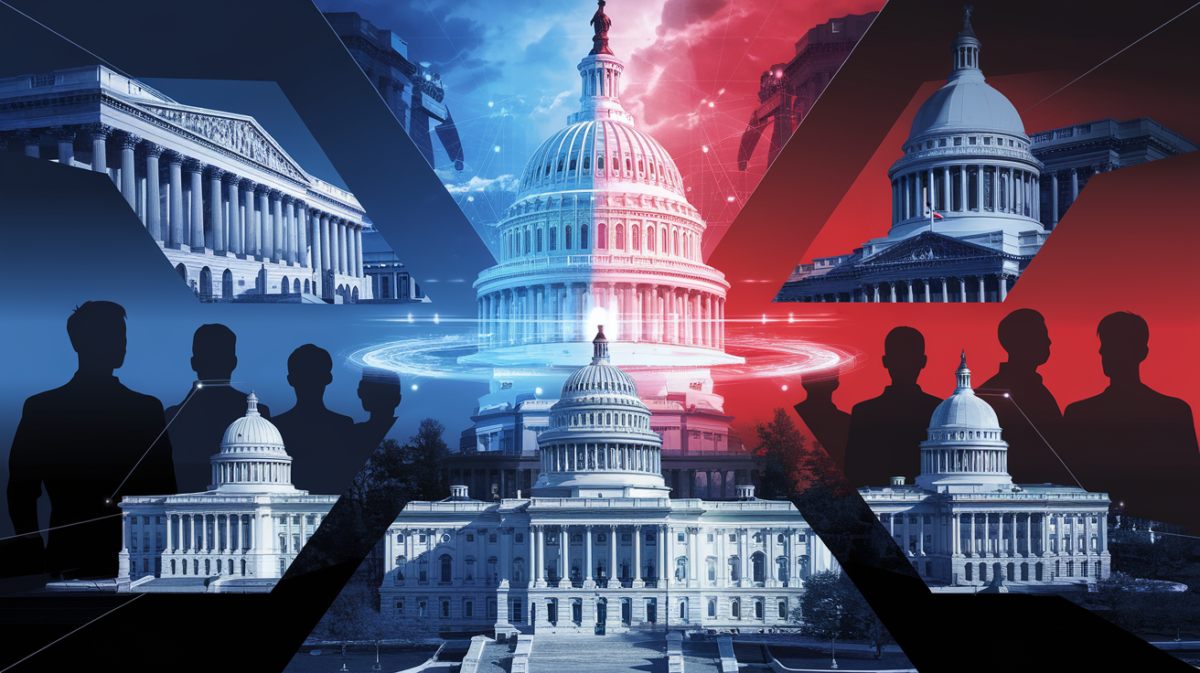President Donald Trump’s proposed tax and spending legislation, dubbed the “One Big Beautiful Bill Act” (OBBBA), has ignited a fierce debate over its inclusion of a 10-year moratorium on state-level regulation of artificial intelligence (AI). Critics argue that the provision could have severe consequences for both workers and the environment, while supporters claim it will foster innovation and maintain U.S. competitiveness.
What the AI Moratorium Entails
The contentious provision in the OBBBA seeks to prevent states from enacting or enforcing any laws related to AI or automated decision-making systems for a decade. Here’s a breakdown of its key aspects:
- Scope: The ban covers all state-level AI regulations, including those addressing bias, transparency, and accountability in automated systems.
- Rationale: Proponents argue that a patchwork of state laws could stifle innovation and put the U.S. at a disadvantage against global competitors like China.
Why Experts Are Worried
The moratorium has drawn sharp criticism from a wide range of stakeholders, including state officials, labor advocates, and environmental experts. Here’s why:
State Attorneys General Push Back
Attorneys general from 40 states have urged Congress to reject the provision, warning that it could undermine existing protections against AI-related harms, such as deepfakes and discriminatory algorithms. “This is a direct attack on states’ rights,” said one official, speaking on condition of anonymity.
Labor and Environmental Risks
Labor experts fear the moratorium could accelerate job displacement and worsen working conditions as AI systems replace human roles without oversight. Environmentalists, meanwhile, warn that unregulated AI could lead to unchecked energy consumption by data centers, exacerbating climate change.
Tech Industry Divided
While some tech executives support the moratorium as a way to avoid regulatory fragmentation, others argue it’s too extreme. Dario Amodei, CEO of Anthropic, called the proposal “too blunt” and advocated for federal transparency standards instead.
Legislative Road Ahead
The OBBBA has already passed the House of Representatives, but its fate in the Senate remains uncertain. Republicans are reportedly considering linking federal broadband funding to state compliance with the AI regulation ban, a move that could further complicate negotiations.
Public Reaction
Online discussions reflect a polarized debate. Some Reddit users argue that federal uniformity is necessary to prevent regulatory chaos, while others express concerns about overreach and the erosion of state autonomy.
Comparing the Arguments
| Supporters’ View | Critics’ View |
|---|---|
| Prevents regulatory fragmentation | Undermines state protections |
| Boosts U.S. competitiveness | Risks job losses and environmental harm |
| Encourages innovation | Lacks safeguards for accountability |
What’s Next?
As the Senate prepares to debate the bill, the AI moratorium remains a flashpoint. The outcome could shape not only the future of AI regulation but also the balance of power between federal and state governments.
For now, the debate underscores the challenges of governing emerging technologies in a way that balances innovation with public welfare. Whether the moratorium survives—or is amended—will depend on the delicate interplay of politics, industry lobbying, and public opinion.







